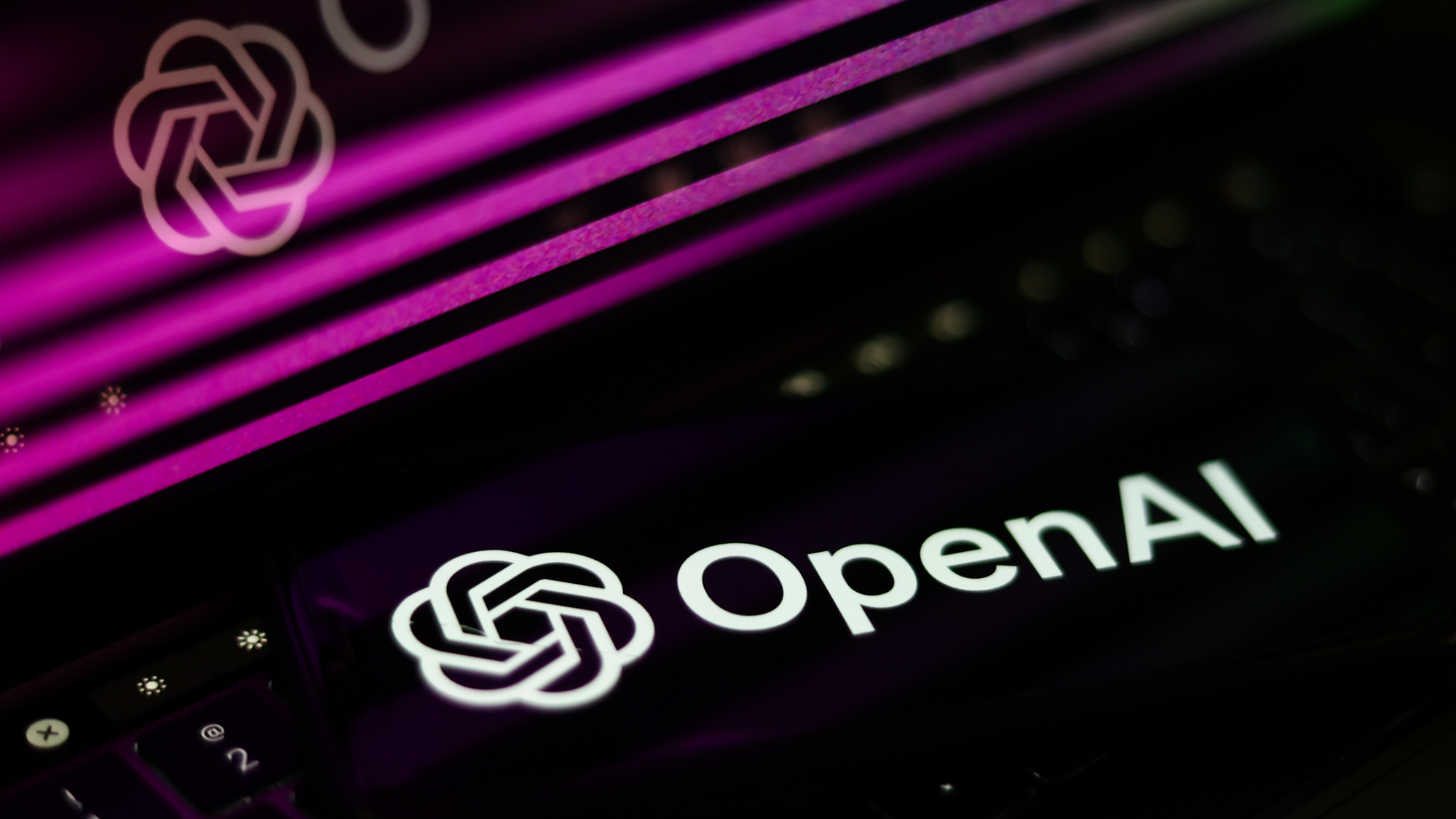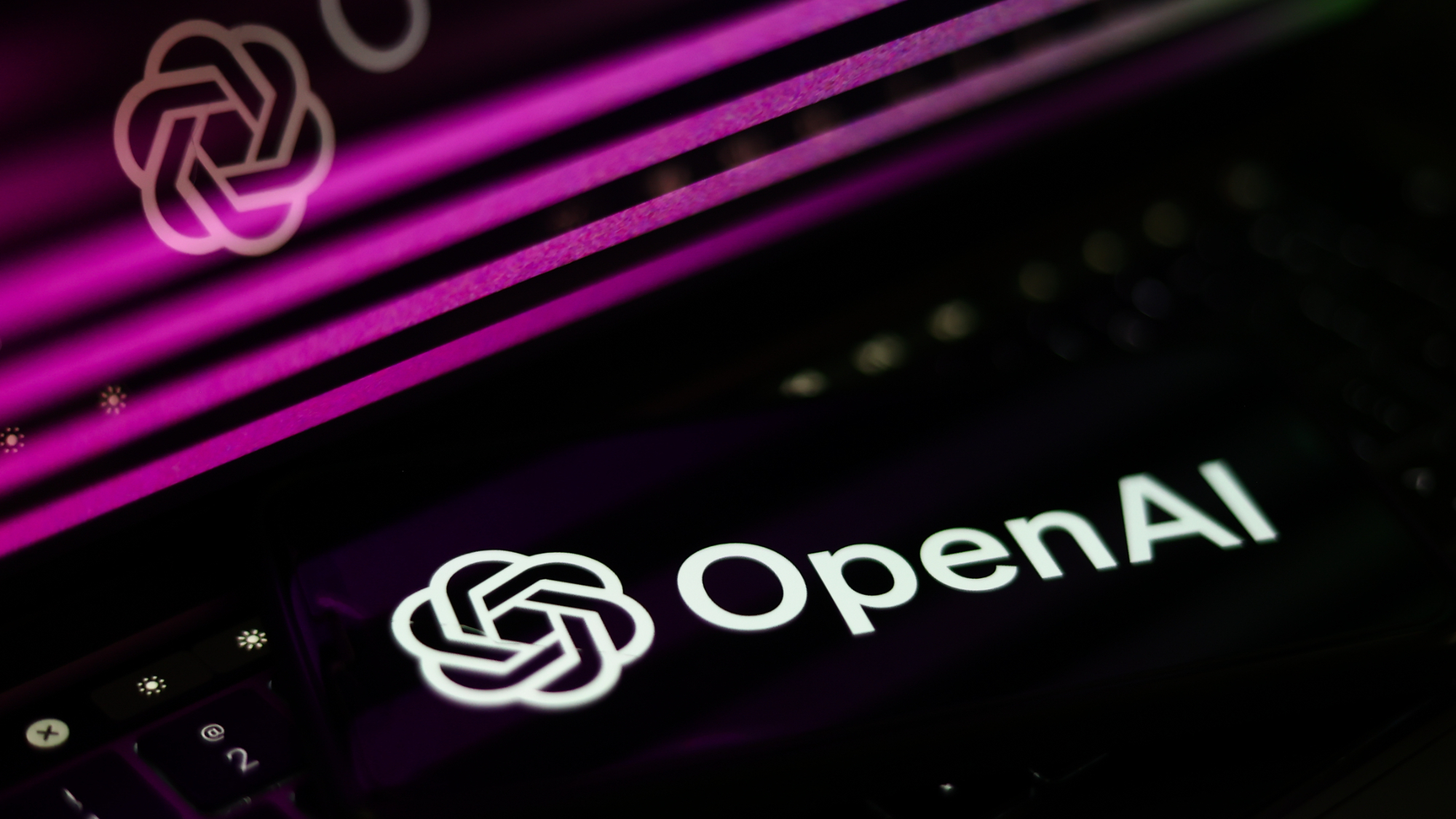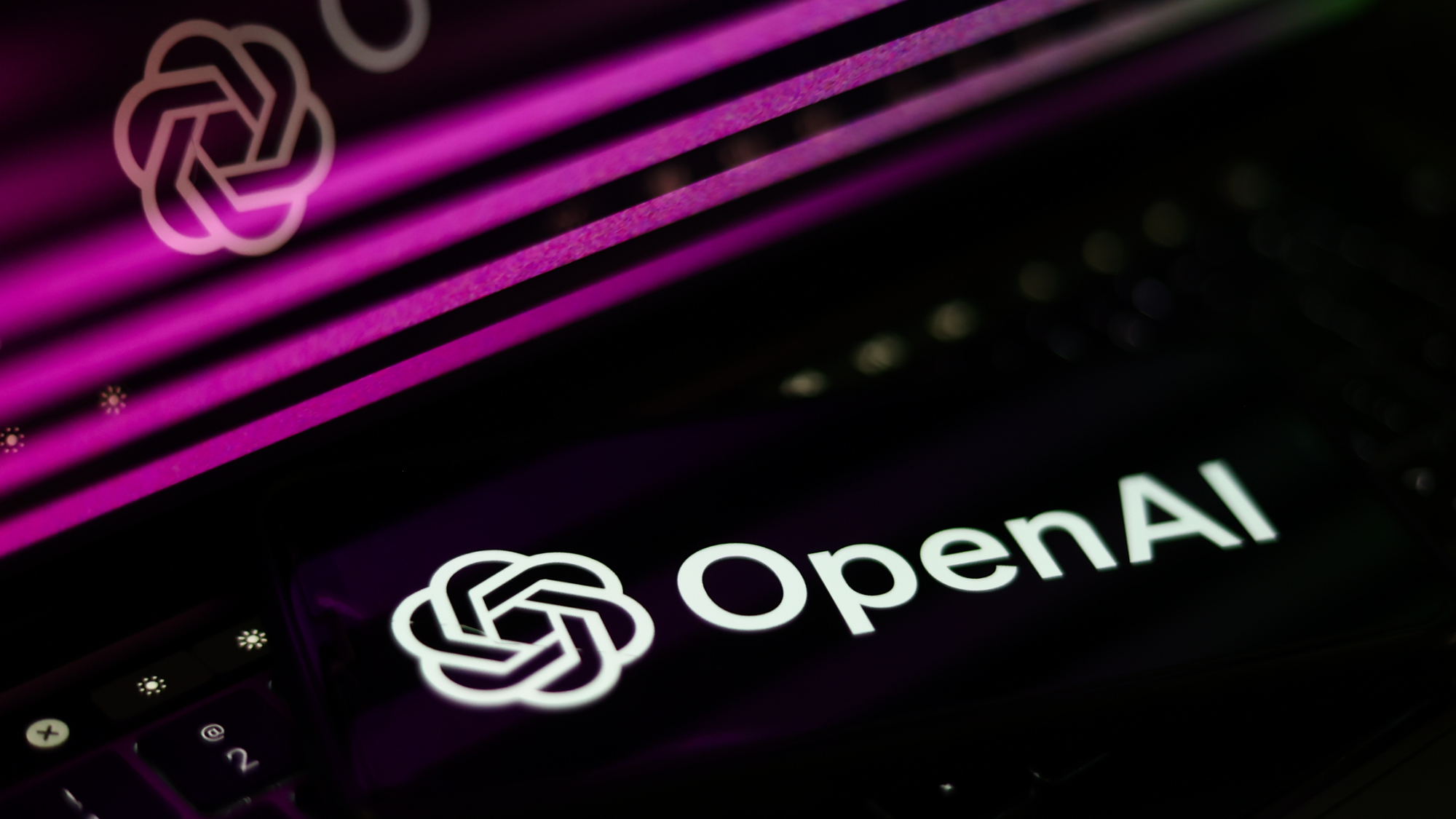ChatGPT's hallucination problem is getting worse according to OpenAI's own tests and nobody understands why
ChatGPT's hallucination problem is getting worse according to OpenAI's own tests and nobody understands why

ChatGPT's hallucination problem is getting worse according to OpenAI's own tests and nobody understands why

